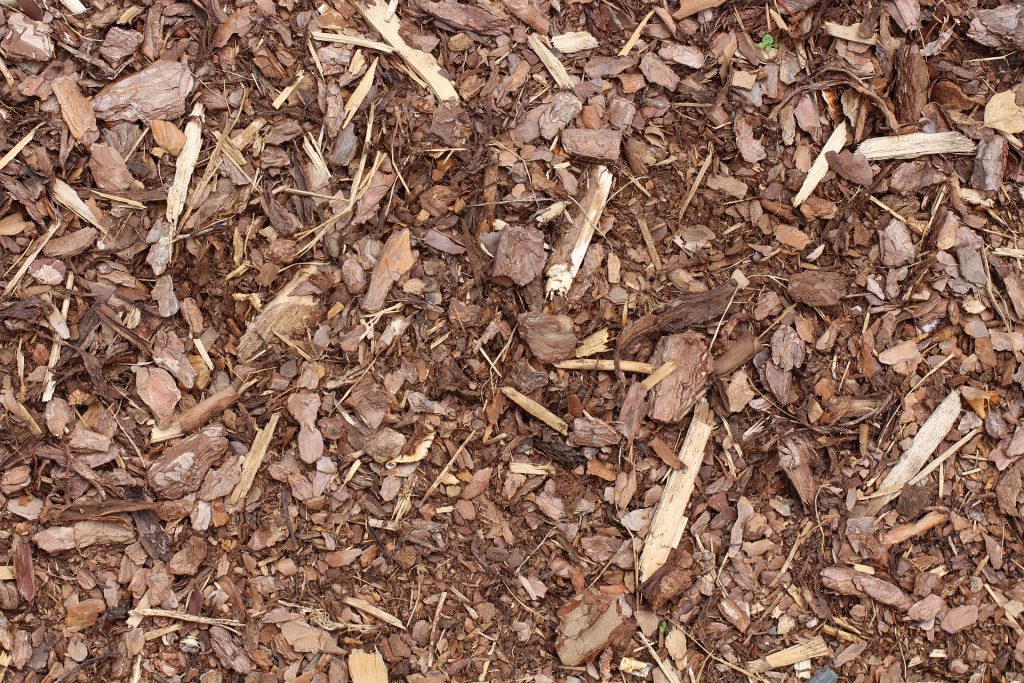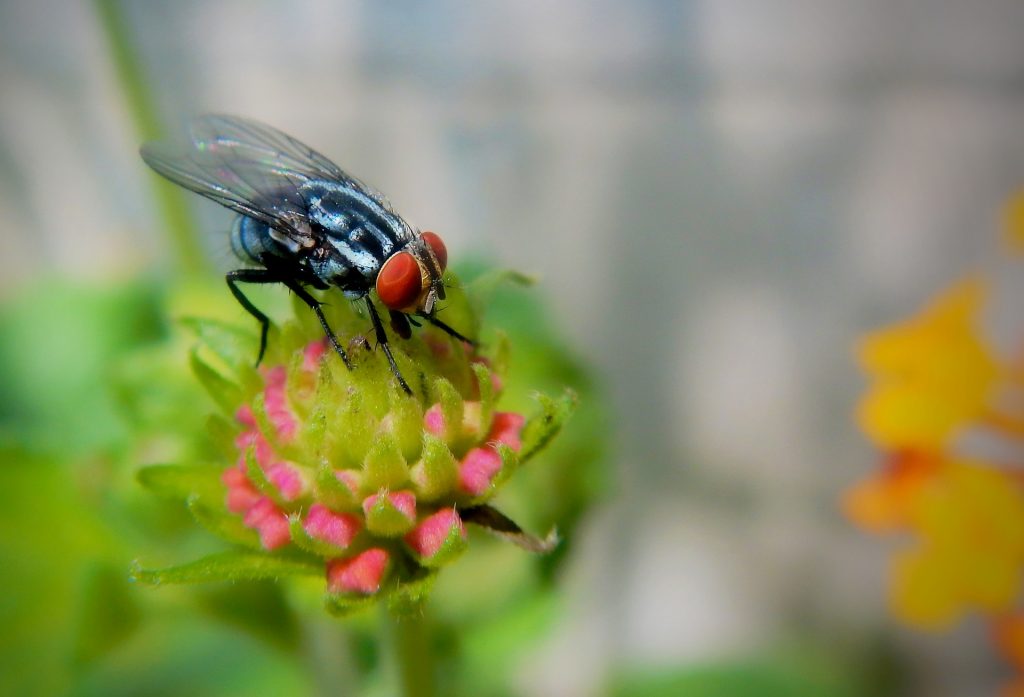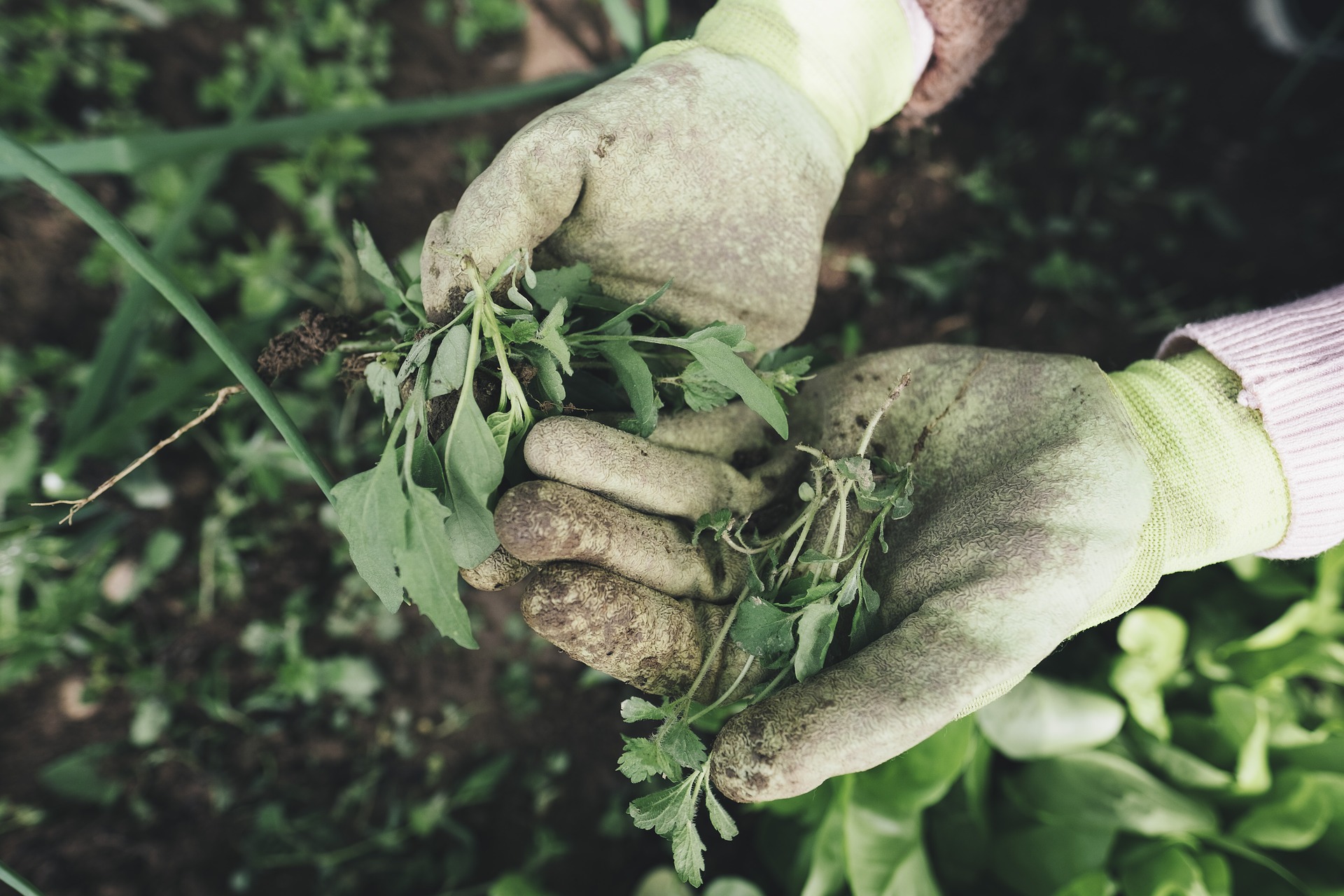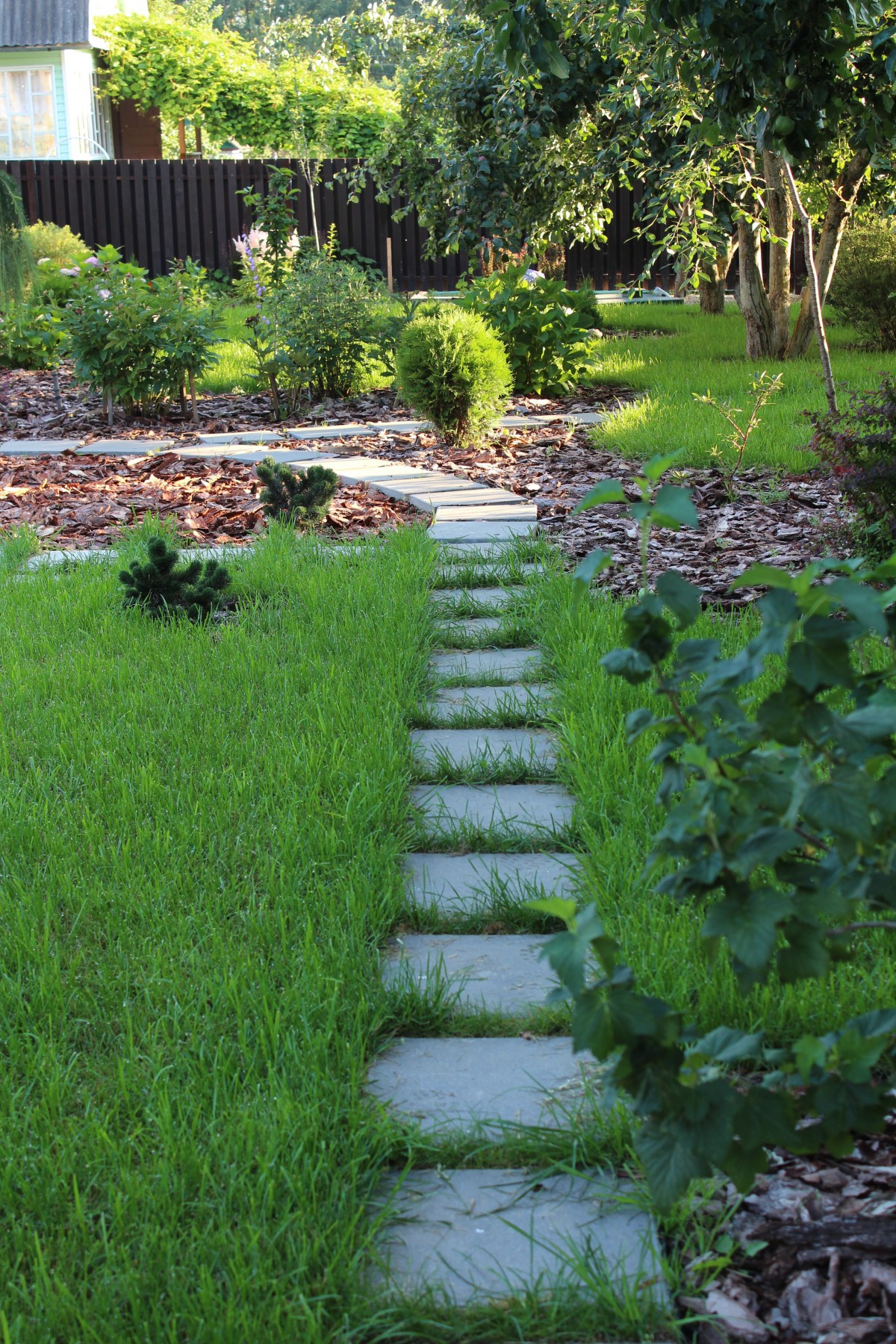Having unwanted grass in your garden can be annoying. Fortunately, there are some methods out there that allow you to eradicate them without having to resort to harmful chemicals. These methods aren’t as instant or as effective but will go a long way in making sure your garden is safe and free of toxic chemicals in the long-run. Below are five ways to stop weed and grass from growing in the garden bed.
Remove existing grass and roots
Before planting and seeding, the first step is to make sure you get rid of any existing grass, weed, and roots in the garden bed. Typically, the ideal time to do this is during Spring. Not every gardener believes in tilling the soil, but if you are one of those that do, then this is a great time to take out anything that could potentially sprout into new grass shoots.
Soil tilling can be a labor-intensive process. If you are working with a medium to large-sized garden bed or lawn, then we would highly recommend you use an electric cultivator or aerator to ease the physical workload.

Suppress grass with mulch
Using mulch is another effective way to kill grass and weeds. Mulch is decaying material like dead leaves and compost that is scattered all over the surface of the soil to insulate or enrich the soil. Once you have cleared as much weed and grass as possible from the garden bed, lay thick newspaper on the area. It would be best if you look to place a layer of a newspaper that’s about ten sheets thick. Follow that up with around 4 inches of mulch. The idea behind is to kill the grass and weeds by blocking out access for light and air.
Pour boiling water
You can get rid of weeds in the backyard by pouring boiling water over them. This method is especially effective against weeds that grow on sidewalk cracks or driveways and works in conjunction with the mulch method.
Use salt or vinegar solution
Use this method with caution as the application of salt or vinegar will change the salinity level of the soil. To make a salt solution, dissolve one part salt into eight parts water. White vinegar typically already comes in a distilled solution (around five percent), so it won’t need the addition of water. Once the solution is ready, put it into a spray bottle and apply it directly onto the unwanted weed or grass.

Natural Pest Management
Common garden pests may include flies, ants, fleas, and roaches. Once the grass and weed are killed off, you can start growing plants that act as natural repellents to these pests. Examples include bay leaves, basil, citronella grass, and crown imperial.



